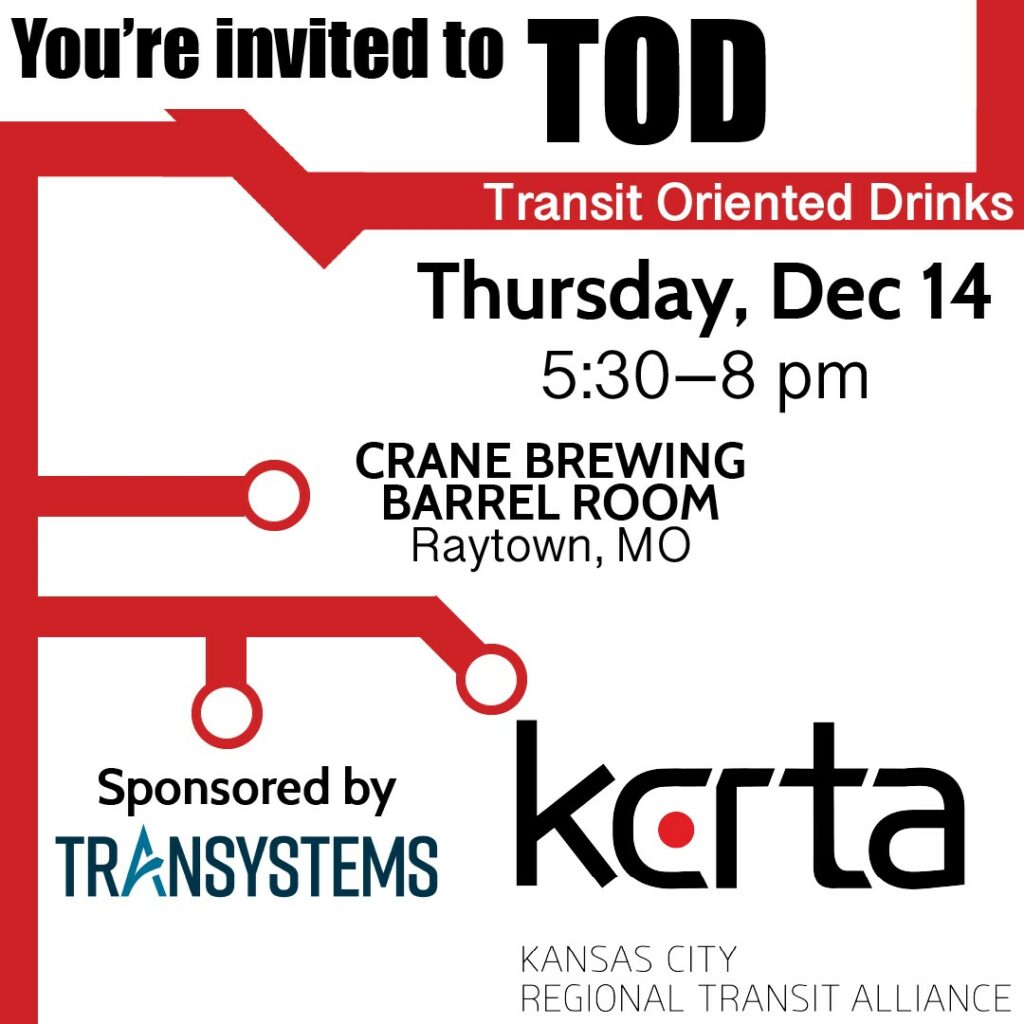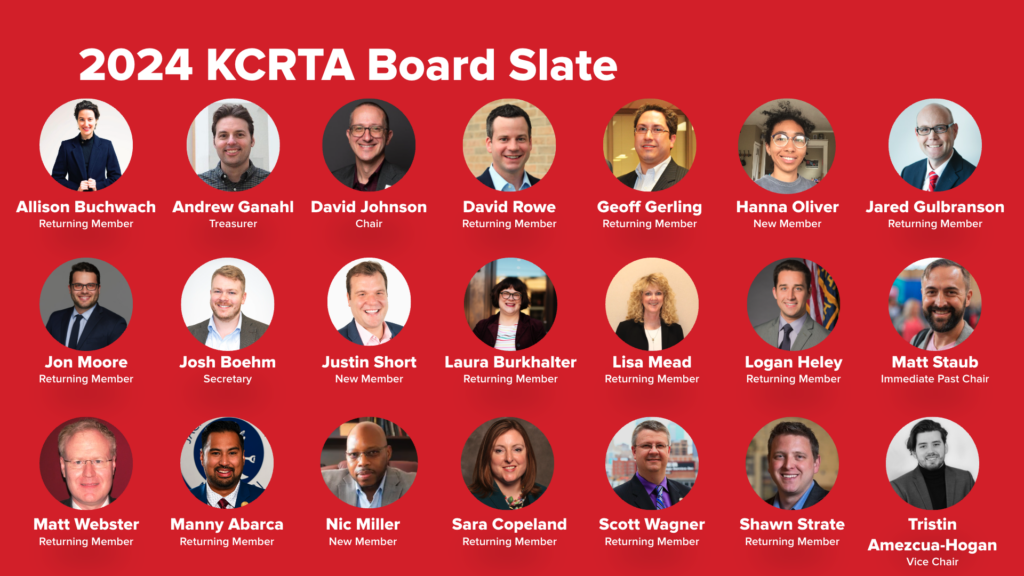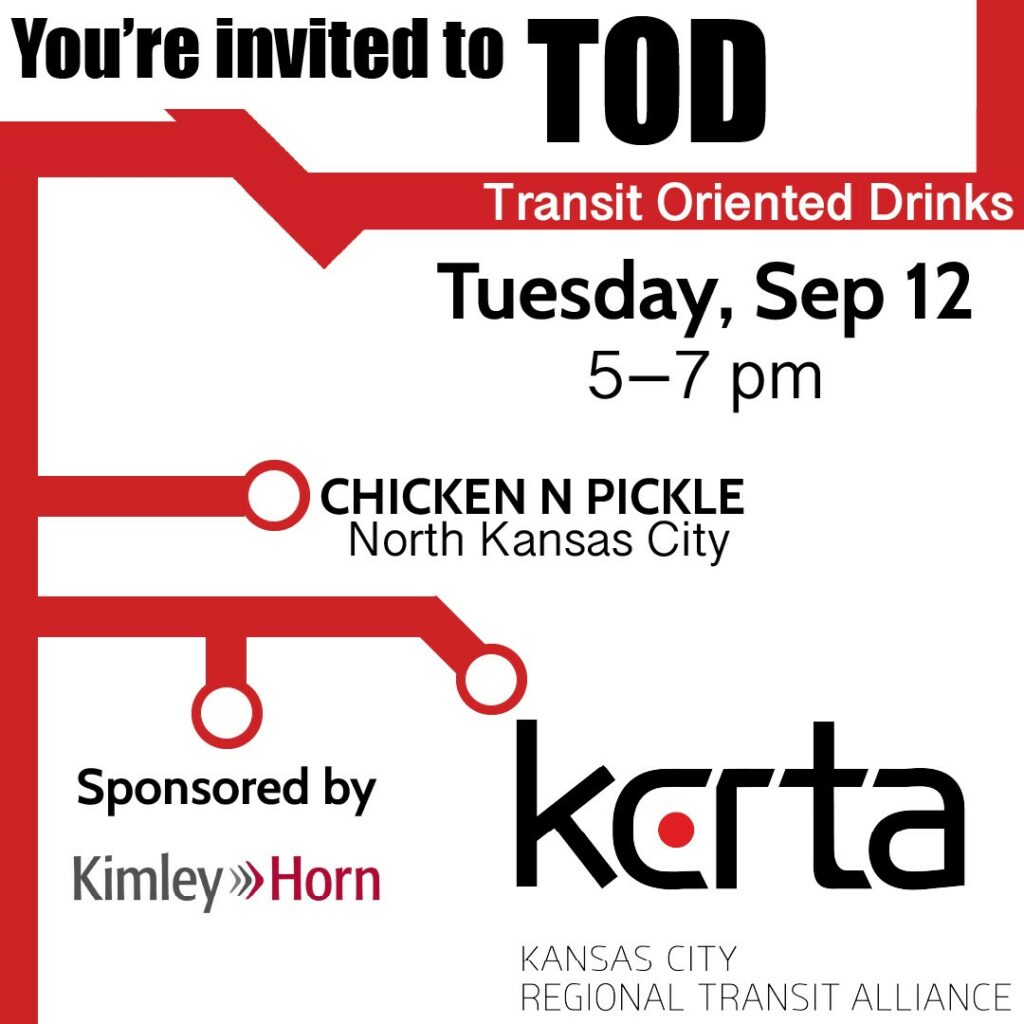Bi-state transit project kicks off
Local officials gathered this week to kick-off a potential zero-emission bus rapid transit project connecting cities on both sides of the state line.
The Bi-State Sustainable Reinvestment Corridor will connect four cities in two states and two counties with frequent transit service. The 24-mile corridor is currently served by two local bus routes (#24 and #101) operated by KCATA and funded by a mix of local funding from KCMO, Unified Government, and the City of Independence.
While the two existing routes connect at the East Village Transit Center in downtown KCMO, they have dramatically different schedules.
Route 24 is frequent within KCMO, and that service is funded by the city. An extension of that route into Independence is less frequent, provides limited night and weekend service, and is funded by Independence.
Route 101 is infrequent and offers limited night and weekend service. It is funded entirely by the Unified Government of Wyandotte County and Kansas City, Kansas.
Service improvements would need a new source of funding since the existing operations are limited across the 24-mile corridor. This supports our strategy of putting countywide sales taxes dedicated to transit in front of voters in the next 3-5 years, as it would simplify funding for a bi-state route spanning four separate municipalities.







